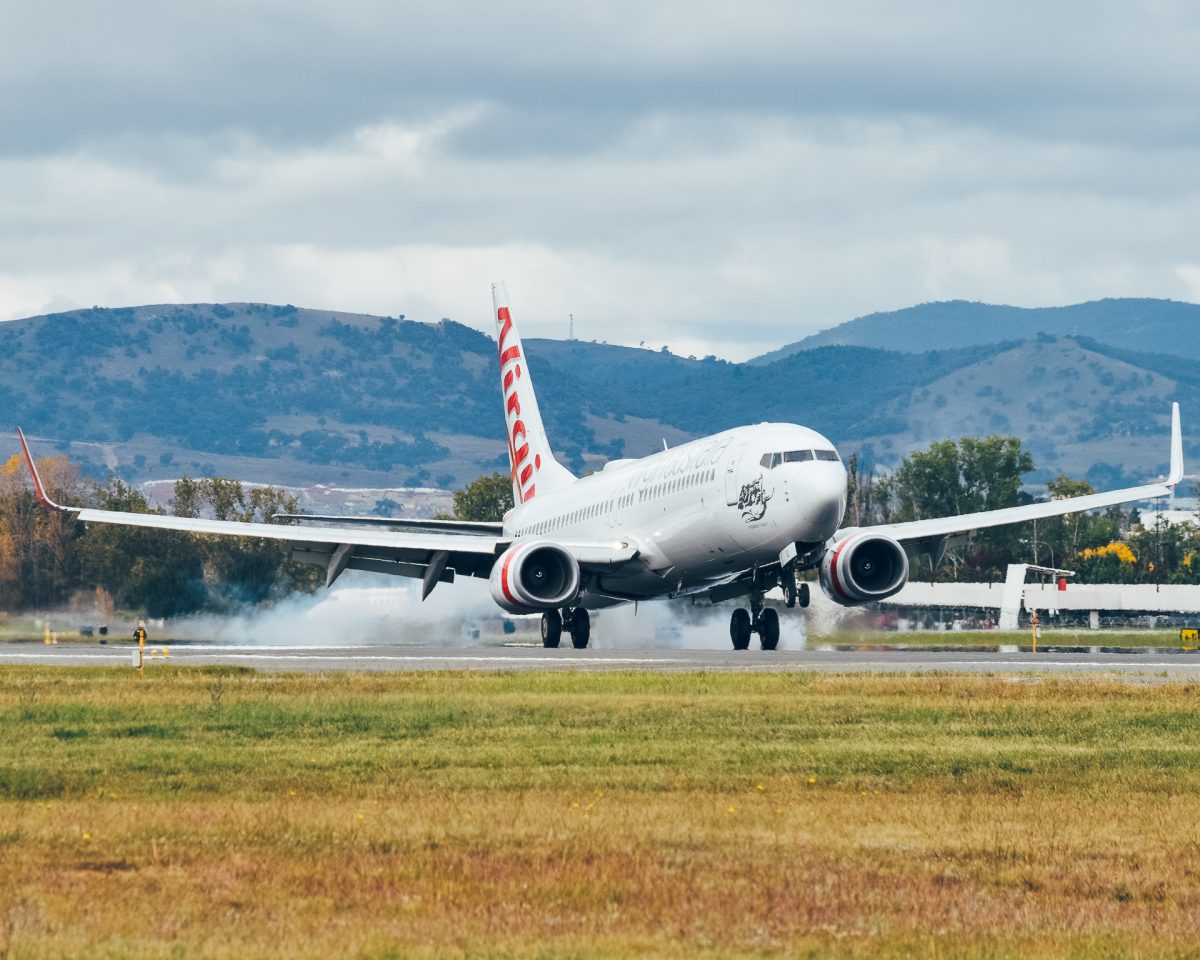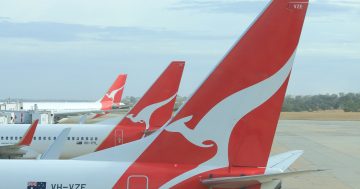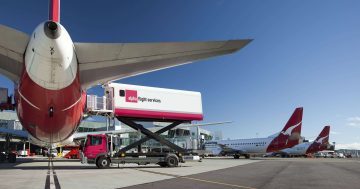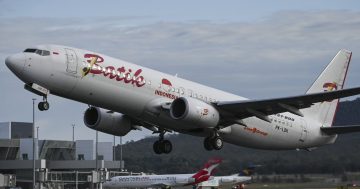
The Aviation White Paper sets out policy direction for the industry and how airlines treat their customers. Photo: Canberra Airport.
An aviation ombudsman tasked with policing how airlines treat their customers is the centrepiece of the Federal Government’s just-released white paper on the industry.
A passenger rights charter involving a show-cause requirement when flights are cancelled, timely refunds, and cash rather than voucher compensations also comprise the policy framework set out in the Aviation White Paper.
It signals the biggest shakeup the sector has seen in more than a decade.
In releasing the document on Monday (26 August), Transport Minister Catherine King said the government intends to boost consumer rights, increase competition, and support both regional and general aviation.
The new charter will establish what is expected of airlines in relation to customers’ entitlements to refunds across all fare types.
For flights that are disrupted, cancelled or unreasonably delayed, the charter will determine the circumstances where airlines must provide a refund in cash or the original form of payment rather than a travel voucher.
It will also mandate appropriate and prompt timeframes for providing refunds; the length of flight delays that are considered unreasonable; reasons for disruptions, delays and cancellations that are considered within the airline’s control; accessible and timely communication with passengers in providing services in line with customer rights; and obligations to provide support to make alternative travel arrangements.
The white paper, which includes 56 policy initiatives over 10 key areas, also outlines a plan to help the sector decarbonise.
“The government is establishing an independent ombudsman scheme and a charter of customer rights, outlining the fair and appropriate treatment of customers and what airlines must do in the event flights are cancelled or delayed,” Ms King said.
“It will also deliver a fairer deal for travellers who have a disability, creating new aviation-specific disability standards and reviewing industry compliance with those new standards, as well as requiring airlines and airports to coordinate their actions assisting people with a disability over their passenger journey.”
The transparency of airline performance will be increased, with more data on performance and competition to be published by the Bureau of Infrastructure and Transport Research Economics.
Measures to increase competition will also be implemented, including the changes underway to reform Sydney Airport slot management arrangements, while the opening of Western Sydney International Airport in 2026 is being described as a “genuine game-changer” for access to the Sydney Basin.
“Major airports are natural monopolies and appropriate oversight is needed so they do not misuse their market position,” Ms King said.
“The ACCC will monitor the conduct of pricing negotiations between airlines and major airports – and the next Productivity Commission inquiry into the economic regulation of airports will advise whether stronger regulation is required.
“The government will also make the aircraft noise ombudsman independent of Airservices Australia and Defence and improve engagement with communities affected by changes to airspace and flight paths.
“The newly independent Aircraft Noise Ombuds role will have the power to conduct independent investigations into the handling of aircraft noise complaints, publish reports, and make recommendations directly to government about the handling of noise complaints, community consultation processes and other matters.”
The key areas the policies cover are:
- a better passenger experience
- a competitive and efficient aviation sector
- a skilled, secure and productive workforce
- maximising aviation’s contribution to net zero
- connecting regional Australia
- regenerating general aviation
- a balanced approach to airport planning and noise
- world-leading safety, security and airspace regulation, and
- enabling new aviation technologies and connecting Australia to the world.
“A strong aviation sector needs a more skilled, responsive and diverse workforce. The government is working to streamline training pathways, support more inclusive workplaces and ensure large airlines train their own pilots,” Ms King said.
“Reducing emissions in the transport sector will require concerted effort, but there are opportunities in the aviation sector that will see a future made in Australia.
“We are already investing in the domestic production of sustainable aviation fuel and other low-carbon liquid fuels (LCLF), with measures to support the development of an LCLF market.
“The 2024 Aviation White Paper is the result of months of detailed consultations, 2096 submissions and 22 roundtables.
“Aviation is both a cornerstone of Australians’ way of life and critical to our national prosperity and security.”
















